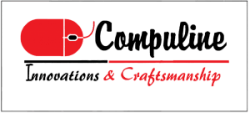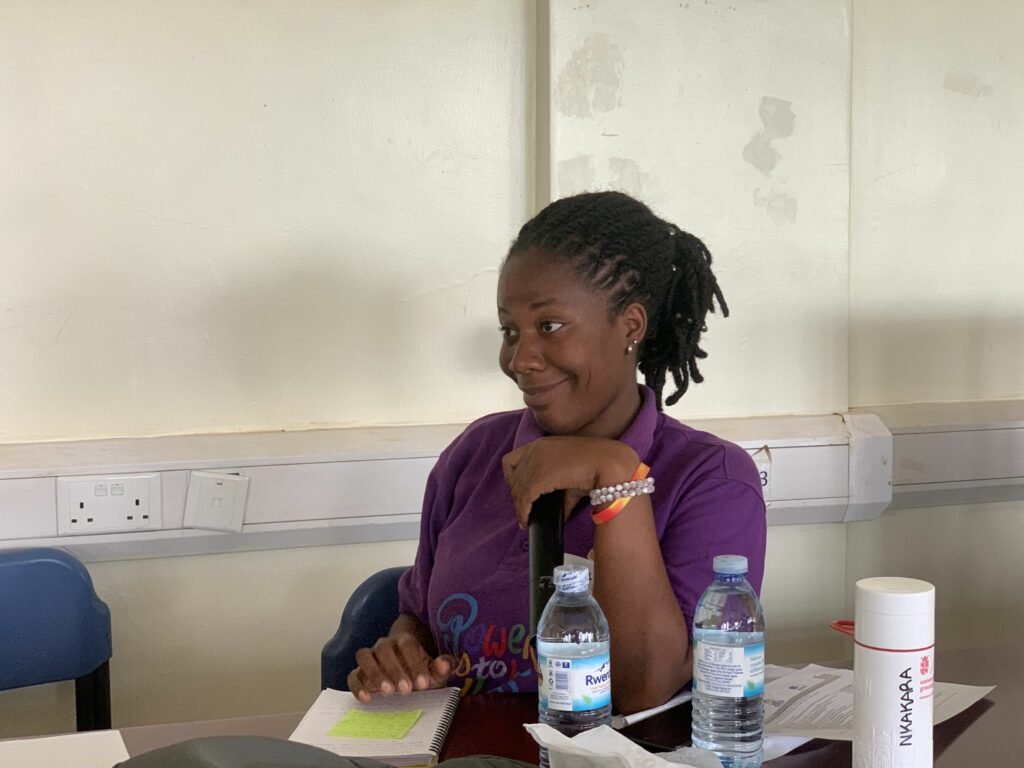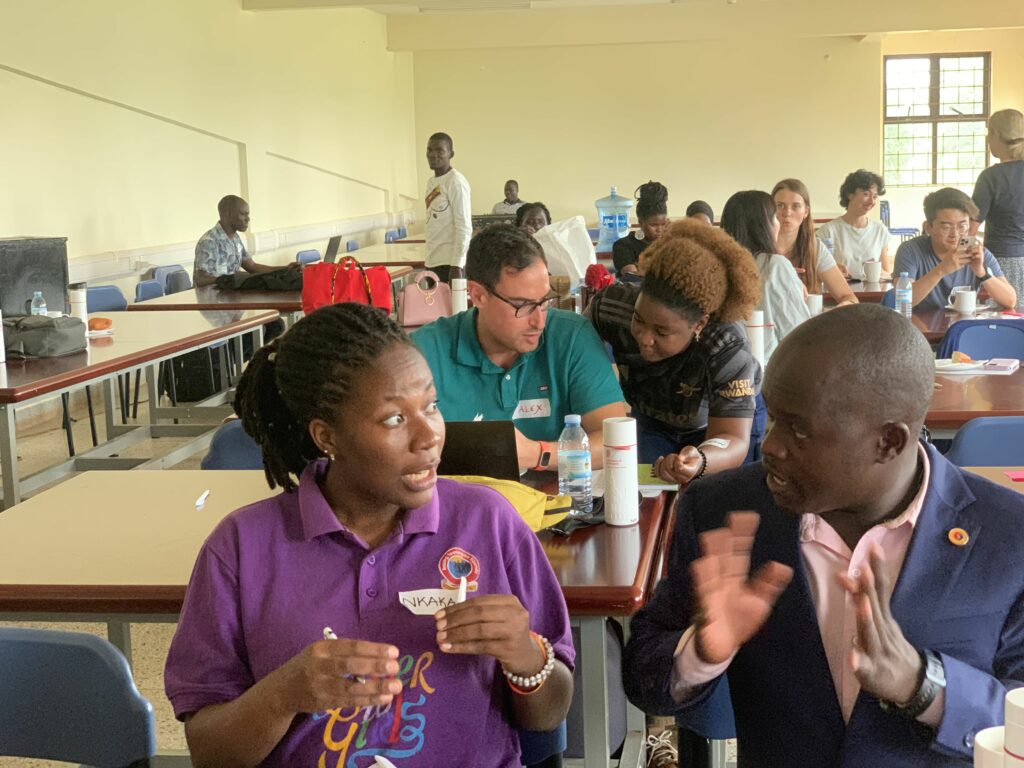Capital theory, mental resilience and agency: The desired intersection in complex education work contexts!
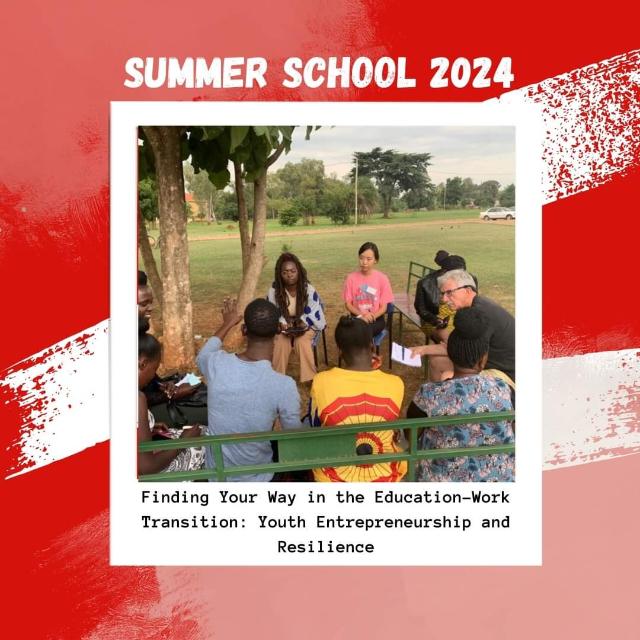
I think, “Finding Your Way in the Education-Work Transition: Mental Resilience and Social Entrepreneurship” as a theme is a perfect call to focus on the individual journeys young people make in the complex social context where access to lifelong learning, formal jobs and business opportunities are constrained. May I trigger a conversation in your mind about the link between the three concepts ‘capitals, mental resilience and agency’; and how they are or should unfold in your transition? Let me do that under three segments.
First, I would like to challenge you to reflect on who you are in this world? What influence do you have on your own life? What difficulties do you encounter to live a life of your own terms yesterday, today and tomorrow? How do you deal with the everyday difficulties as well as opportunities in your quest to successfully transition within the education and labour market dynamics? Or you could be a blessed actor with all the enablers of a good life in your midst thus a satisfied transitioning actor? But if you are a hustler like me, can I ask you what compels your imagination and actions to keep going despite the numerous historical, socio-cultural and political impediments?
Second, I invite you to imagine a little about my own personal life. Let me tell you that I am a product of a non-linear education-work transition. I have seen how the complex mix of personal and social factors have impacted my life and who I am today and yesterday. I visualise the interwoven impact of several circumstances. Certainly, my family background competes for the top position. My incomplete schooling history is a real factor. My values and personal resources including skills and competences are strong in the mix. My social relationship with relatives, friends and colleagues cannot be excluded in the mix. Coincidentally my work for more than 15 years is partly related to accompanying young people in their education-work transitions. Majority of the participants in my practical and research interventions do have demographic identities and biographies with poor family and social backgrounds just like me. Some are actually zigzagging between education and work.
Before I proceed to the third segment of my conversation, can I ask you a question? In your experience as a student, graduate or even a lecturer; have you ever encountered a moment of transition as a ‘monster’? I mean you are working but it is not like work. And simultaneously you are studying or upgrading your qualifications to eventually get good work opportunities but it is like the link between the two is a myth. Your realise that education is not the only transition passport to work – the reality is a haunting one. You are aware that other credentials such as ‘who are your parents orwhich ethnic grouping do you belong to’ actually matter most!
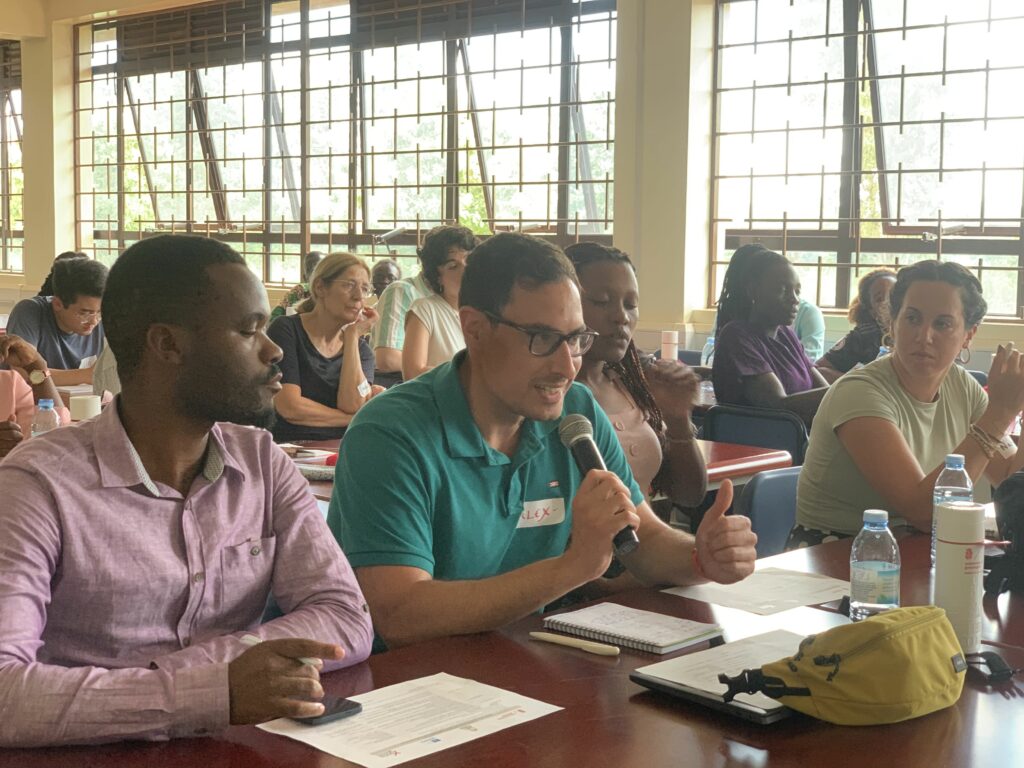
I am not sure what you think now. But before I hear you, permit me to share with you a little bit of my empirical evidence regarding a group of young people’s agency and resilience amidst the ‘transition monster’. In my action research-based PhD on youth transition at a higher vocational training institution in Uganda, I got a privilege to hear stories of how young people dream and yearn to live a good life as Agricultural professionals. I heard stories of young people’s resilience and relentless determination to overturn the history of poverty in their families through the good use of their dream agricultural qualifications. Aware of the existing labour market barriers and inequalities, many students and graduates were on a trajectory to nurture and expand important social relationships with individuals in positions of power and influence. Those who suffered at the hands of prospective employers, especially at the stage of applying for jobs, never exhibited any resignation signals. For instance, an animal science graduate said:
I started on the search for jobs from 2013-2014, I would read adverts from newspapers and apply, I would be called whenever I applied, but there were issues that always challenged. There was a time I went for an interview and while on the panel, the executive director mentioned that they could employ me. But later I didn’t get the job. There was [another] time I went for an interview and I was interviewed at 11:43 am [in the morning] at some farm in Kampiringisa in Mpigi. They needed an extension worker but I was interviewed from the Ministry of Agriculture. I could answer questions to panellists who were sleeping/dosing. From that point I hate searching for jobs because that time I reached home in Wobulenzi at around 01:30 Am [after midnight]. I also found it hard with corrupt actions in various offices. (Jjuuko, 2021, p106)
I want to imagine that you if have never experienced such dehumanisation, your friend, colleague or community member has ever. I also remember related cases of failed enterprises created in the course of young people’s transition from high school to vocational and higher education. But fresh in my mind are the voices that seemed to declare: ‘no, I will move on’. The crave for self-determination, volition and autonomy despite the social and institutional barriers to successful transition was louder. Do you find a connection between my story and the stories of the participants in my PhD research? I think the time is now for me to turn to my third and last segment. This segment is about who we are yesterday, today and tomorrow in the context of what we as individual social actors can and cannot do to shape our lives in the midst of societal forces, interests and systems. It is also about what resources (economic, social, cultural) that we command or able, willing and prepared to seize. Indeed, it is also about the conversion of either one, all or a combination of these capitals into a ‘resourceful package’ to drive our transition trajectories.
Pierre Bourdieu posits that these resources are enablers and can help social actors to withstand domination and marginalisation to claim or reclaim a social status. These ‘capitals’ and the related social reproduction theory (SRT) is the subject of our sessions today and possibly tomorrow morning. As observed by Darmody and others, ‘Bourdieu’s theories facilitate our understanding of the interplay between social capital and other forms of capital, which is crucial to understanding the process of social reproduction’ (Darmody, Robson & Mcmahon, 2012, p22). I propose that you make a choice of how the knowledge of ‘capitals’ can inform your multiple identities (transitions) as a student, graduate, entrepreneur, parent or a university professor. I trust that the sessions will harness our critical awareness of the place of these capitals (absent, present, latent or substantial) in our constant struggle to create and determine a life that we have reason to value.
Some readings
Bourdieu, P. (1986). Forms of Capital. In J. Richardson (Ed.), Handbook of Theory and Research for the Sociology of Education (pp. 241-258). Greenwood Press.
Jjuuko, R. (2021). Youth Transition, Agricultural Education and Employment in Uganda: PhD Thesis. University of Groningen. 10.33612/diss.192191164
Johnstonbaugh, M. (2018). Conquering with capital: social, cultural, and economic capital’s role in combating socioeconomic disadvantage and contributing to educational attainment. Journal of Youth Studies, 21(5), 590-606.
Roberts, S., & Li, Z. (2017). Capital limits: social class, motivations for term-time job searching and the consequences of joblessness among UK university students. Journal of Youth Studies, 20(6), 732–749.
Darmody, M., Robson, K., & Mcmahon, L. (2012). Young people and social capital: transition from primary schools to lower secondary level in Ireland. Irish Journal of Sociology, 20, 19-38.
—————————————————
*Robert Jjuuko, PhD is a Ugandan Educationist, Researcher and Development Consultant | robert@adultslearnuganda.org | LinkedIn Robert Jjuuko |Twitter RJjuuko1 | Research Gate Robert Jjuuko | ORCID https://orcid.org/0000-0002-1628-7080
